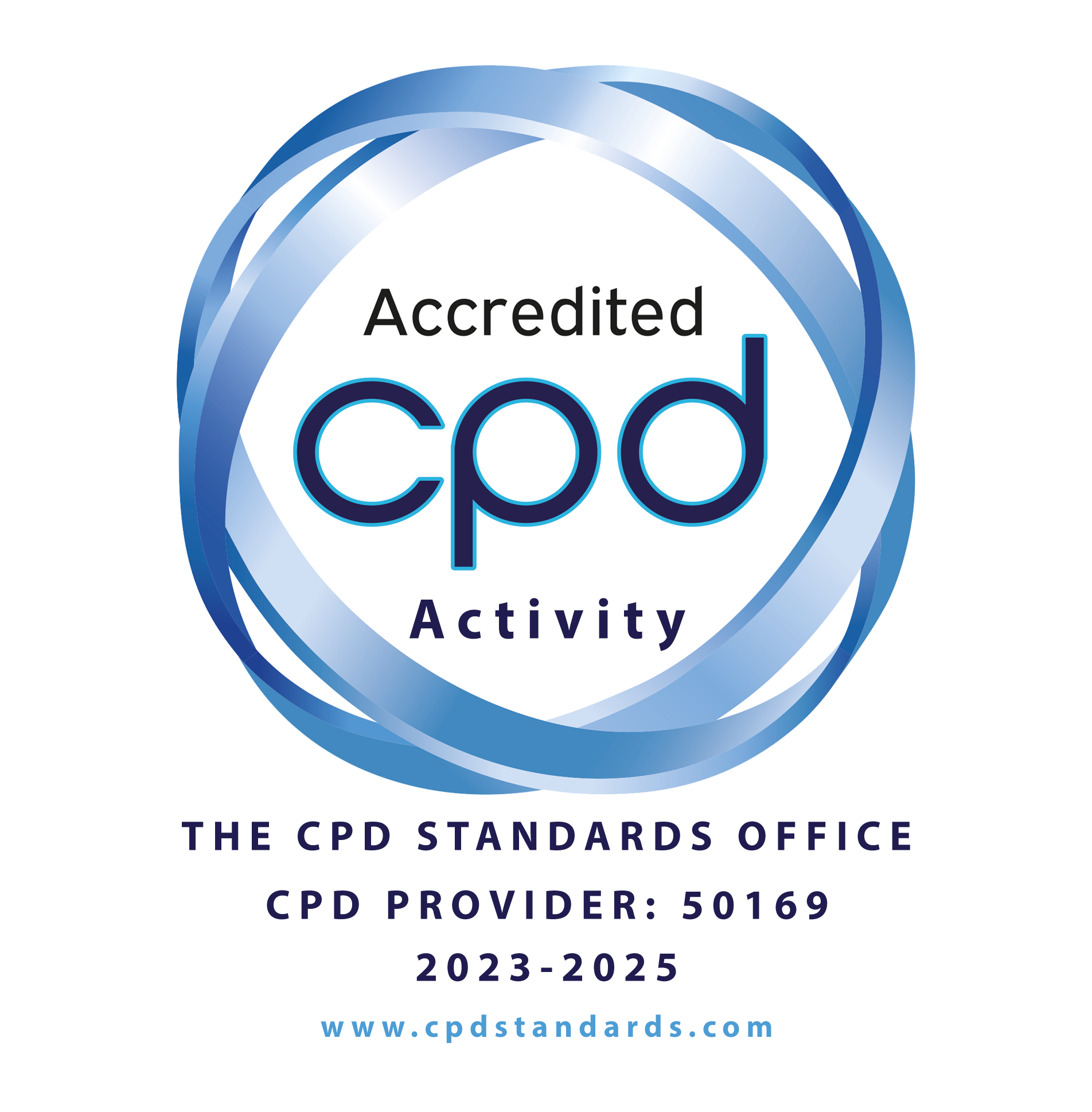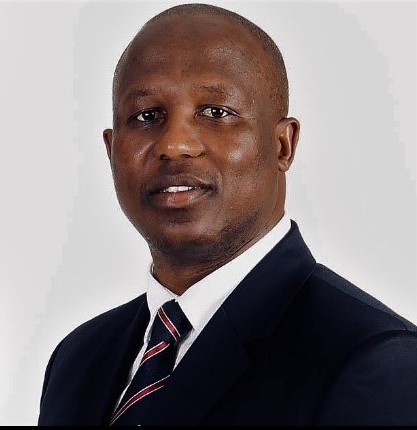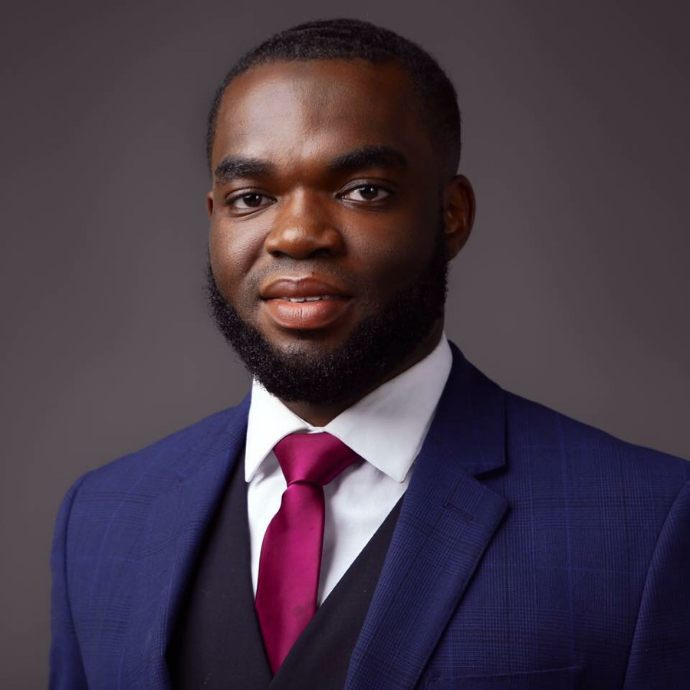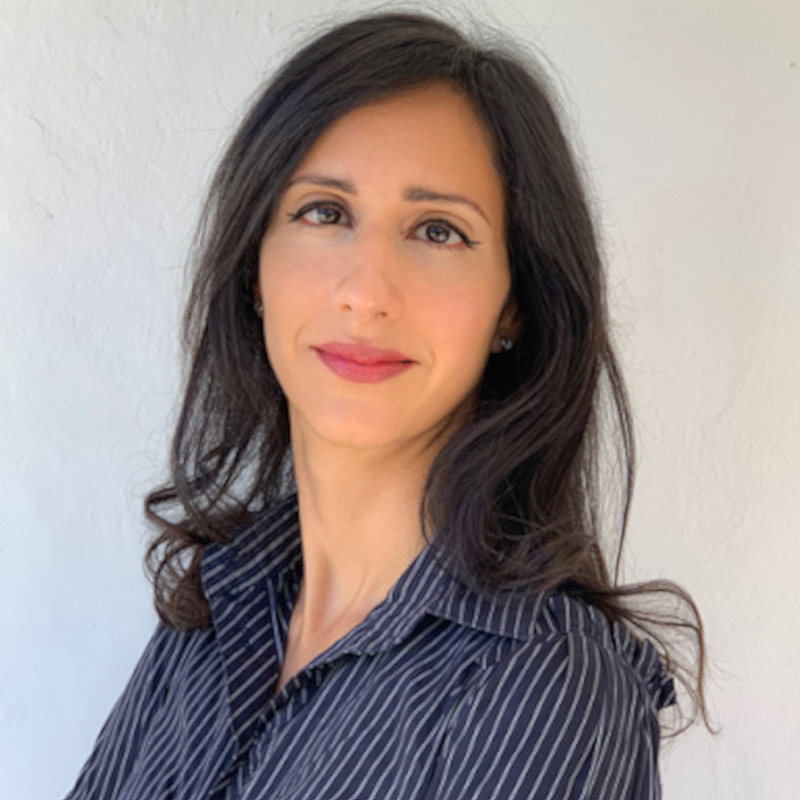About This Course
Why is corporate governance important to you as an African lawyer? Corporate governance refers to how companies are governed, how decisions are made, and it identifies who has power and accountability within an organisation. What benefit will completing this course in corporate governance mean both for you and your clients?
Too often, good corporate governance is neglected by business and the public sector in favour of short-term gains. Across the globe, there has never been more attention on corporate governance than there is now.
“Those companies who have adopted good corporate governance entirely set themselves apart and derive a competitive advantage.”— Anne Agbo, Head, Company Secretary Services at DCSL Corporate Services Limited.
Good corporate governance standards mean these businesses are more sustainable and are likely to outlive their founders; and are likely to attract lucrative investments, thereby driving growth.
Corporate governance is, therefore, able to improve the performance of businesses across Africa:
- It ensures corporate success and economic growth;
- It makes companies attractive to investors and opens them up to different funding sources; and,
- It enables the board of directors to provide critical stewardship and strategic direction and, ultimately, engender sustainability.
By enrolling and completing this four-hour interactive online course, you will discover how to support your clients and your own business in implementing sustainable and ethical practices that unlock long-term business value.
The course can be done anywhere, at any time, and although it is designed for lawyers, it is perfectly suited for students, business owners, and those looking to work in risk and compliance roles.
Taught by a leading academic affiliated with the University of Cape Town, the course also has input from global experts. You will learn about
- The value drivers of corporate governance;
- What boards and governing bodies do;
- The foundations and importance of ethical and effective leadership in corporate governance;.
- Applying practical outcomes-based thinking in your corporate governance engagements.
Course features
- You will learn by example with an unfolding real-life scenario that will challenge you to apply corporate governance principles to show you how to facilitate growth and enhance an organisation’s investment potential.
- Access the course whenever and wherever it suits you on mobile, tablet or desktop.
- 3-4 hours' worth of learning with resources for further engagement - no time-consuming study for a busy lawyer!
- This course is scenario and case led. You will learn by example.
- Meet colleagues from around the world on discussion forums.
- Not enough data? Turn off the video and download or read the transcript.
- Not only will you receive a certificate from UCT when completing the course, but you will also receive 2 CPD points from the Continued Professional Development Standards Office.
By linking to this short Africa Legal Article it will help you understand the value and benefits of Corporate Governance.
Earn a certificate from the University of Cape Town
This is a rare opportunity for you to earn an official certificate from UCT Law@work and learn practical real-world skills that you can apply as soon as you finish. Your certificate will be issued in your legal name and couriered to you at no extra cost.

About UCT Law@work
This University of Cape Town Law@work online short course ’Practical Corporate Governance for the Modern African Lawyer’ is delivered in collaboration with Africa Legal.
Leading the way in continuing legal education since 1999, UCT Law@work presents a range of seminars and courses dealing with various aspects of the law in the fields of labour, commercial, private and public law, amongst others.

|
Law@work and Africa Legal are working together to increase access to affordable online, practical legal courses across Africa. |

|
This course is certified by the United Kingdom CPD Standards Office, and may be applicable to individuals who are members of, or are associated with, professional bodies. The course carries 4 points. |

Your course instructor
James Leach
Lecturer, Graduate School of Business, UCT, course convenor and lecturer for various UCT Law@work short courses.
James graduated from the University of Cape Town with a LLB in 2012 and a Master of Law in Commercial Law (LLM) with distinction in 2013, and completed a LLM in Shipping Law in 2014.
He became a lecturer in the Faculty of Law’s Commercial Law Department. James is the course convener and lecturer on the Postgraduate Diploma in Management Practice Specialising in Regulatory Compliance that is delivered through the University of Cape Town’s Graduate School of Business. Outside of compliance management, his research interests lie in the intersection between theories of corporate legal regulation, cryptocurrencies and crypto-banking, data governance and privacy, and corporate governance.

Guest contributor
Tebello Thabane
Senior Lecturer in Commercial Law, Company Law & Corporate Governance.
Tebello is an advocate of the High Courts of South Africa and Lesotho. He is Senior Lecturer in commercial law at the Faculty of Law, University of Cape Town. He is also a doctoral candidate in the same department. His thesis focuses on the impact of the ownership and control architecture of state-owned companies on issues of corporate governance. He holds the following degrees: BA (Law), LLB, LLM (Commercial Law) and LLM (Human Rights). He further holds postgraduate certificates in Corporate Compliance and Commercial Dispute Mediation. Tebello practiced as an advocate for several years and later served as the Principal Secretary and Chief Advisor to the Minister of Law and Constitutional Affairs in the government of Lesotho before joining the academy. He lectures Company Law, Corporate Governance and Business Law.

Guest Contributor | Nigeria
Ibrahim Alagbe, Manager, DCSL
Ibrahim Alagbe is an Associate member of the Chartered Governance Institute (CGI), Institute of Chartered Secretaries and Administrators, Nigeria (ICSAN) and Risk Managers Association of Nigeria (RIMAN). He has extensive experience in the provision of company secretarial services as well as start-up, regulatory and advisory services and advising Boards of Directors on matters of Corporate Governance in both private and public listed companies.
Ibrahim has been assisting companies to review and improve the effectiveness of their governance & compliance function and entity governance framework.

Guest Contributor
Rosa Nduati-Mutero
Partner, ALN Kenya|Anjarwalla & Khanna (A&K)
Rosa Nduati-Mutero is a Partner in A&K’s corporate department and she heads the Corporate Governance practice and co-heads the Capital Markets practice at A&K. She principally advises clients on corporate M&A, corporate governance, employment and commercial law. Rosa is an advocate of the High Court of Kenya, an accredited governance auditor, a certified public secretary, a certified public accountant and a member of the Law Society of Kenya and the Institute of Certified Secretaries. She is also currently pursuing a Master’s Degree in Business Administration at the University of London.
Rosa is a frequent speaker at legal and business conferences and is one of the country’s experts on the Companies Act, 2015. Leading worldwide legal directories consistently recognise her as a leading lawyer, including Chambers Global, IFLR1000 and Legal 500. She was rated as one of the region’s “top women under 40” by Business Daily, Kenya’s leading business newspaper.

Guest contributor
Reginald Aziza
Attorney, Chevron Nigeria Limited | Doctoral Student, University of Oxford
Onoriode Reginald Aziza is a triple first-class lawyer who graduated with a Masters in Corporate Law from the University of Cambridge. Currently he is a doctoral student at the University of Oxford.
His expertise lie in securities law, investment and dispute resolution. Recently he joined the team at Chevron in Nigeria as an attorney. In 2017 Reginald spent six months with Shearman and Sterling in Paris and before that a short spell at Olaniwun Ajayi LP in Lagos. He was also briefly an associate with Herbert Smith Freehills in London. This placement in the London office was the culmination of the bursary awarded to him by the law firm to study at Cambridge.

Guest contributor
Angeli Arora
Regional leader of the Private Equity Group of Dentons.
Angeli Arora is a highly experienced international lawyer with around 20 years experience acting for financial institutions and corporate enterprises on high stake or complex investments around the world.
Angeli graduated from Oxford University in 1998. Angeli spent over 10 years working in London for a top tier U.S. law firm, including becoming their youngest partner at age 30. Angeli also spent a number of years in Asia, heading up their office in Hong Kong. Angeli then moved to Africa, seeing an exciting opportunity to be part of the world’s next fastest growing economy after South Asia. To date, Angeli has acted in high profile transactions in over 70 jurisdictions, in most continents.
In Africa, Angeli is involved in a number of initiatives which aim to address some of the complex investment challenges in the region, including corporate governance issues. Angeli is able to use her experiences from around the world to bring different perspectives and solutions to the table.
Angeli has received numerous awards and recognitions for her successes.

Guest contributor
Steven De Backer
Founder and CEO of Afriwise.
Steven De Backer is the founder and CEO of Afriwise. Afriwise really is the culmination of his career, from top roles at leading African and international law firms, managing internet projects and lecturing about legal-tech possibilities as early as 1999. Early on in his career, Steven co-lead a small team at European stock broker KBS Securities that launched the leading online trading platform in Belgium. It was a good start, but Steven quickly moved on to the legal sector.
After a stint at magic-circle firm Freshfields, he returned to Africa (where he grew up) to practise as a lawyer. Since 2003, Steven has relentlessly pursued ways to improve corporate legal services delivery in Africa. He was at the forefront of establishing and deepening a network of associated firms in Africa, helped to develop the Africa practice of what is today one of the leading law firms on the continent and founded an innovative interdisciplinary advisory firm in 2014. His main goal has always been to help businesses work smarter and more effectively in Africa.
A seasoned lawyer in his own right, Steven is named by the prestigious English research firm Chambers & Partners in Chambers Global as one of the leading corporate/M&A; projects & energy; and general business law lawyers in Africa. Chambers has noted that he is very well known for his work for clients across the African continent and is described by clients as “a class act”, stating that “there’s not much he doesn’t know about sub-Saharan Africa”.
Having lived and worked on the African continent for almost 30 years, in five different countries and having advised companies in over 40 African countries, Steven indeed has unparalleled on-the-ground, hands-on experience and a unique in-depth knowledge of navigating challenges in Africa.
Steven is also an economic diplomacy adviser to the Belgian Government for South Africa and a founding member and previous chairman of the European Chamber of Commerce and Industry of Southern Africa. He further sits on the advisory board of several companies active in East Africa.
Frequently Asked Questions:
What web browser should I use?
The Open edX platform works best with current versions of Chrome, Firefox, Safari, or with Internet Explorer version 9 and above.
See our list of supported browsers for the most up-to-date information.
Who should take this course?
This course is aimed at junior lawyers, law students, business owners and risk and compliance professionals in Africa.
How long will it take me to complete the course?
Once you are enrolled in the course, you can work through the content at your own pace. Feel free to access any part of the content at any time.
The course should take you about two hours, not including optional activities, discussions and extra reading materials.
How do I access the course?
You need to purchase a seat on the course. To do this please sign in to Africa Legal. If you don’t yet have an account with Africa Legal follow the steps to sign up and then press the enrol button.
By signing up, you agree to our Terms of Use and Privacy Policy.
Is your employer paying for the course?
Get in touch with our corporate team by emailing sales@africa-legal.com











